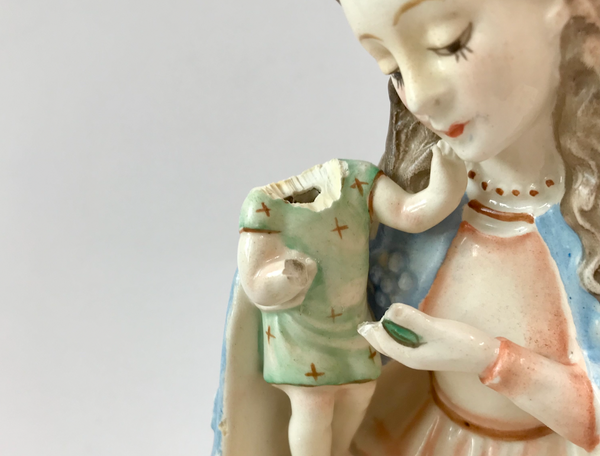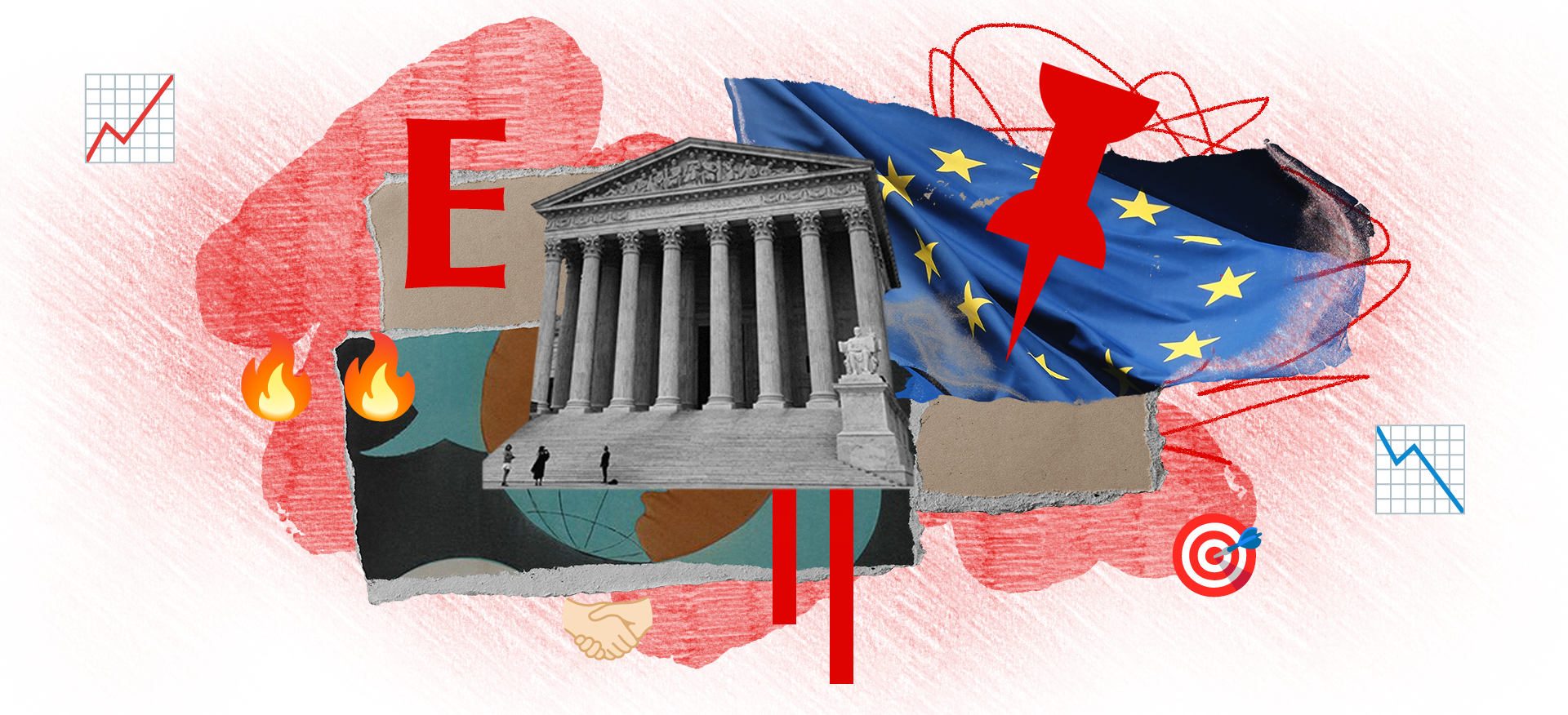Experts discussed the possible future of Central European cooperation. Has the Visegrad Four been put in a coffin? We were there; here is our coverage!
These are challenging times and Central European cooperation is changing a lot, as experts discussed.
“We are in a living history, we are a few hundred kilometers away from the History with capital H, and we have to ask ourselves what the remnants of Europe expect from us: they expect us to cooperate, to create a common strategy, to work in the present”, Dorin-Mircea Dobra points out, adding that the constant crisis is a natural state for Central Europe, we are used to it, and therefore the outside world is better off listening to us. According to the Monet-Schuman approach, Europe will be made through crises, because this is when strong people and strong states rise up, and the region must show a way to grow and develop despite the crises. He said we need to change our mentality and not see peacetime but crisis situations as normal so that we are flexible and full of opportunities.
According to Piotr Bajda, the biggest challenge at the moment is that we are in the middle of Europe, and this raises more questions than we currently can answer. Polish–Hungarian relations have changed in a negative sense, because of the different attitudes towards the war. But in Poland, a positive aspect is that generations have united around a cause, and the Polish goal is to create a new, modern, and peaceful secure space in the region, which is why it is important to effectively support Ukraine.
“Even though the war has changed a lot, there are things that are stable: the sense of threat in the Central European region is constant, and since 2014 it is clear that Russia is the primary threat, but states have different responses to this threat,” says Péter Dobrowiecki, who says Hungary is centrally located in the region, making it an integral part of a region that is larger than the V4, as Hungary shares a common position on the war with Serbia. He said that format is not important in Central European cooperation, as the aim is dialog and cooperation, which is facilitated by EU and NATO membership, but local initiatives are more important.

Poland’s support for Ukraine is not a romantic nostalgia, but a pragmatic position, because for the first time since the 19th century, someone is fighting for Polish interests outside Poland, says Bajda. He believes that Polish–Ukrainian cooperation is very strong, there are no anti-Polish voices, and this has given the opportunity to build new relations, crossing the dark patches of history. “The Hungarian government can take pragmatic decisions on Ukraine, but remember that Warsaw does the same,” points out the expert, saying “What I like most in Central Europe is that we see crises not as a challenge, but as an opportunity.” The region is very adaptable, we are responding to challenges in many forms, be it the V4, the Three Seas Initiative, or the Bucharest Nine, and the war in Ukraine gives us the opportunity to stabilize ourselves in a safe way.
Dobrowiecki explained that there are opportunities in Central Europe: during the 2008 crisis, for example, Poland showed a positive economic example and a way out; in 2015, the Hungarian government’s response to the migrant crisis was a successful and joint action; in 2021, the Poles effectively resisted the hybrid pressure from Belarus. “The region is proactive, and sometimes this is not viewed positively in other parts of Europe,” says Dobrowiecki.
Bajda argued that in 1991 the V4 came into being without any external support, as the major powers were preoccupied with the reunification of Germany and the collapse of the Soviet Union. As he rose the question, “We can take advantage of every crisis, the question is how do we get out of the current war?”

“I would like to ease the tension because Ukraine’s integration into the EU is still in question,” said Dobrowiecki, explaining that we need to really focus on the region and work among ourselves because understanding is still difficult in Central Europe, which an extension can only increase. He said it was clear that the countries in the region as a whole wanted to be part of Western European integration, but that the perception of transatlantic relations differed between states. “We are bound together by the fact that we have always been surrounded by great powers, or that we have been invaded from the east or the west, and this is a common historical consciousness,” he said, adding that we have tried and failed at many things in history, and that is why we need to cooperate.
“Russia is no longer a European country, it is uncivilized and barbaric, and these actions must be recognized,” says Bajda, pointing out that Central Europe is a place fighting for freedom, seeking autonomy, and rejecting pressure. Ukraine can therefore be a member of the region; it has the potential and we hope that in the future the situation in Belarus will change. Before the war, regional Polish foreign policy saw the V4 as a major political cooperation entity, whereas the Three Seas Initiative was a forum for deepening economic, infrastructural, and financial cooperation, and the Bucharest Nine complemented it in terms of security and defense. At present, the Three Seas Initiative could be a European integrative force, even on the Ukrainian side, but it should certainly turn towards the Balkans. According to Bajda, the V4 currently has internal problems, the Slovak presidency is frozen, and the different perception of the Ukrainian situation does not help, but the V4 has been buried many times in history, yet it is still alive.
“Institutionalization can be the death of cooperation, the V4’s biggest advantage is that it is not institutionalized, making it flexible and able to survive crises. However, if it ever becomes institutionalized, that could create challenges,” Dobrowiecki added.
Graphics by Réka Pisla

Canteen #5—Ragouts

From monastery to boutique hotel










